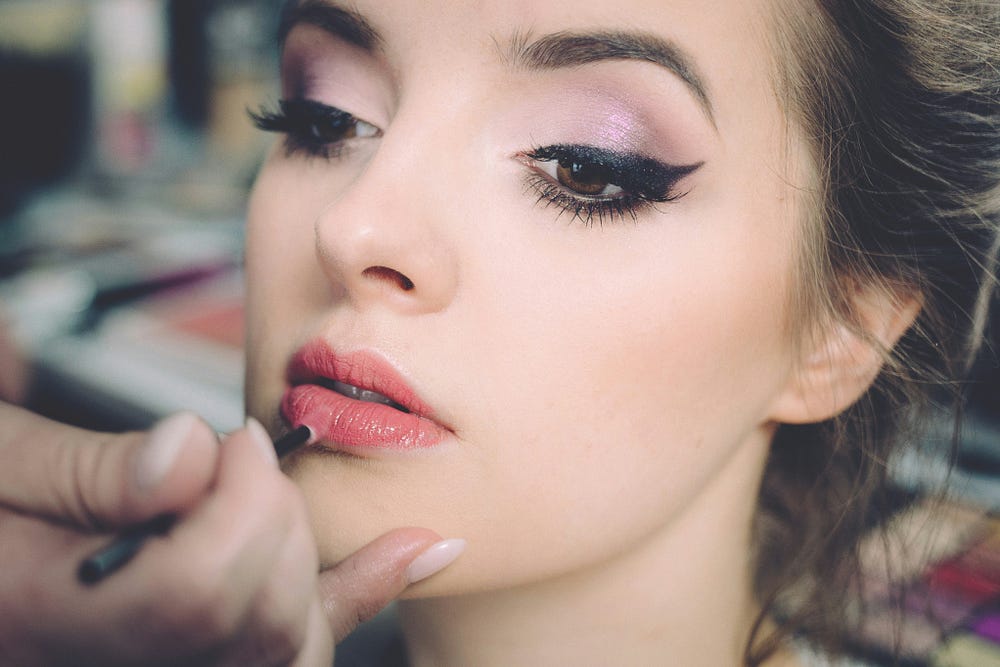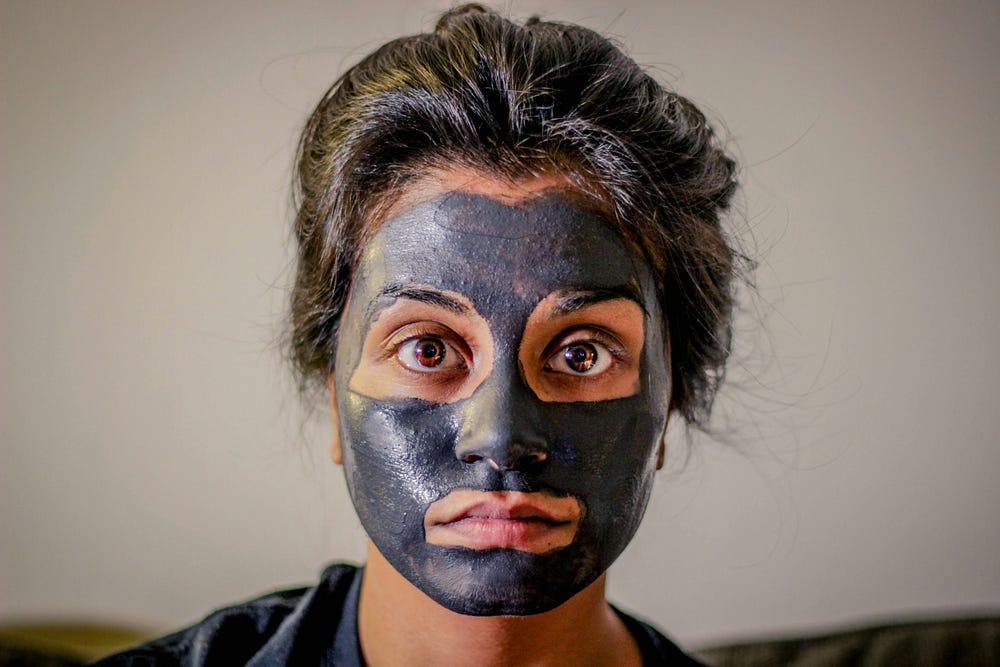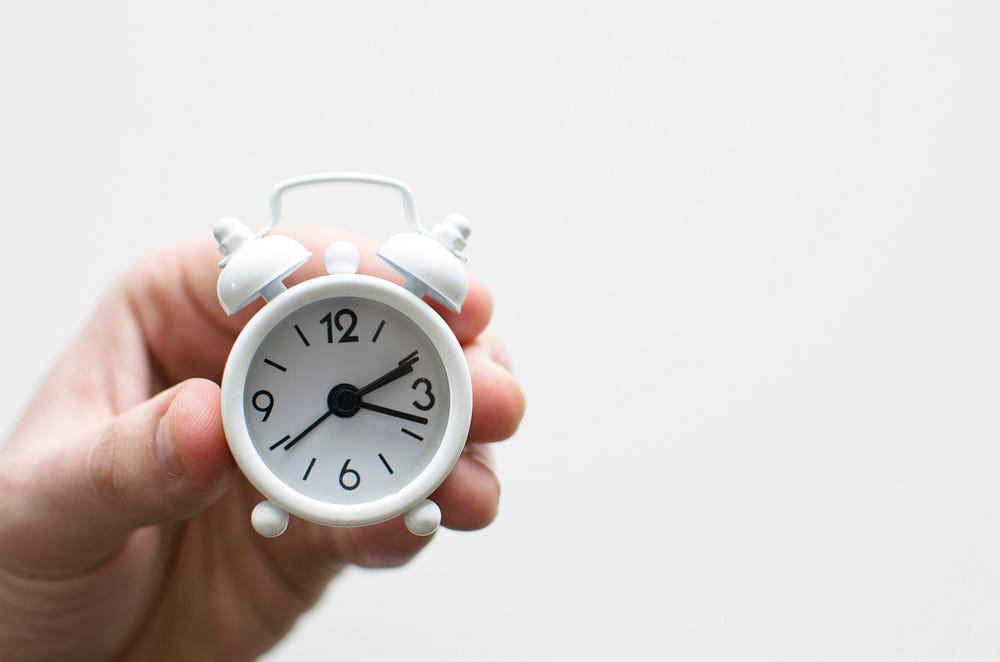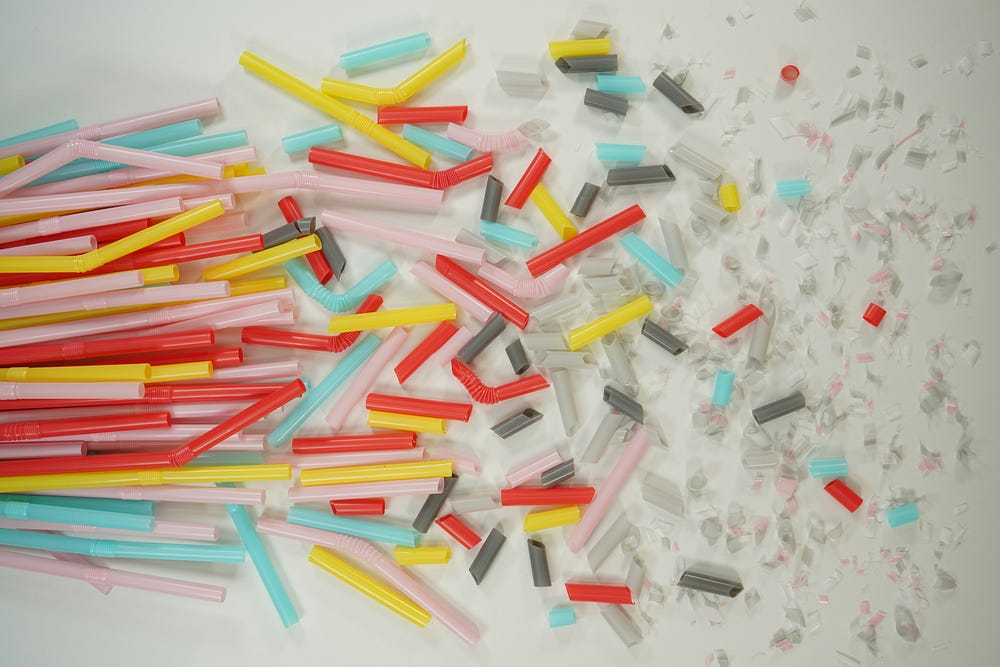Why I Said Goodbye to Makeup- The Hidden Costs of Beauty.
Seerat Naaz ✉
Every morning, the process was as ritualistic as it was relentless. My alarm would start at 6:30 AM sharp, not to wake me from my sleep but to signal the beginning of what I had come to view as a necessary labour: my makeup routine.
 |
| Representative picture |
This daily ritual involved layers upon layers of products — foundation to smooth out imperfections, concealer to mask the under-eye circles, eyeshadow and eyeliner to define my eyes, and a sweep of mascara to give the illusion of openness and brightness. A light blush for a hint of colour and a swipe of lipstick to complete the visage. Nearly half an hour each morning was dedicated to this process, a significant chunk of my daily preparation spent in front of a vanity mirror.
 |
| Representative picture |
It wasn’t until a particularly reflective evening, while I was painstakingly removing the very makeup, I had so carefully applied that morning, that a profound question struck me: Why was I doing this? What was I trying to hide or enhance, and for whom was I doing it? These questions began to unravel the fabric of my understanding of beauty and self-worth, leading me down a path where I decided to confront the hidden costs of this daily ritual — not just for me, but for many others who felt bound by similar routines.
 |
| Representative picture |
This article is an exploration and a personal account of saying goodbye to makeup. It delves into the various dimensions of makeup’s impact — financial, health, environmental, psychological, and social. It reflects on the pervasive yet often unacknowledged pressures that shape our beauty practices and how stepping away from them can reveal more than just the natural face underneath.
 |
| Representative picture |
Break that down annually, and it’s easy to see how the numbers add up quickly, especially with high-end products. But the cost of makeup isn’t limited to just the products themselves. There’s also the expense of makeup removers, brushes, and other applicators, not to mention the skincare products bought to mitigate the effects of regular makeup use such as breakouts or dry skin. These hidden expenses contribute to a much larger financial picture that many don’t consider when they tally up their monthly expenditures.
 |
| Representative picture |
The European Union has banned over 1,300 chemicals found in cosmetics — substances known or suspected to cause cancer, genetic mutation, reproductive harm, or birth defects — while the U.S. has only banned 11. This stark difference underscores a significant risk associated with products millions of people apply to their skin every day.
Time and Effort
 |
| Representative picture |
The removal process adds additional time, not to mention the mental effort and physical routine required to maintain this standard of beauty consistently. This daily investment of time and energy is a significant toll that many accept as a normal part of life.
Environmental Impact
 |
| Representative picture |
Makeup products are frequently packaged in non-recyclable plastics and can contain harmful chemicals that may leach into the environment after disposal. The glitter in many beauty products, for instance, is made from microplastics, tiny pieces of plastic that can end up in oceans, posing a serious threat to marine life.
 |
| Representative picture |
 |
| Representative picture |
 |
| Representative picture |
For those who feel beholden to their beauty routines, I encourage you to consider what lies beneath your practices and whether they bring genuine joy or unnecessary burdens. What could you gain by letting go? As we strive for authenticity in our lives, perhaps it’s time to ask ourselves whether our routines reflect who we truly are or who society dictates we should be.





